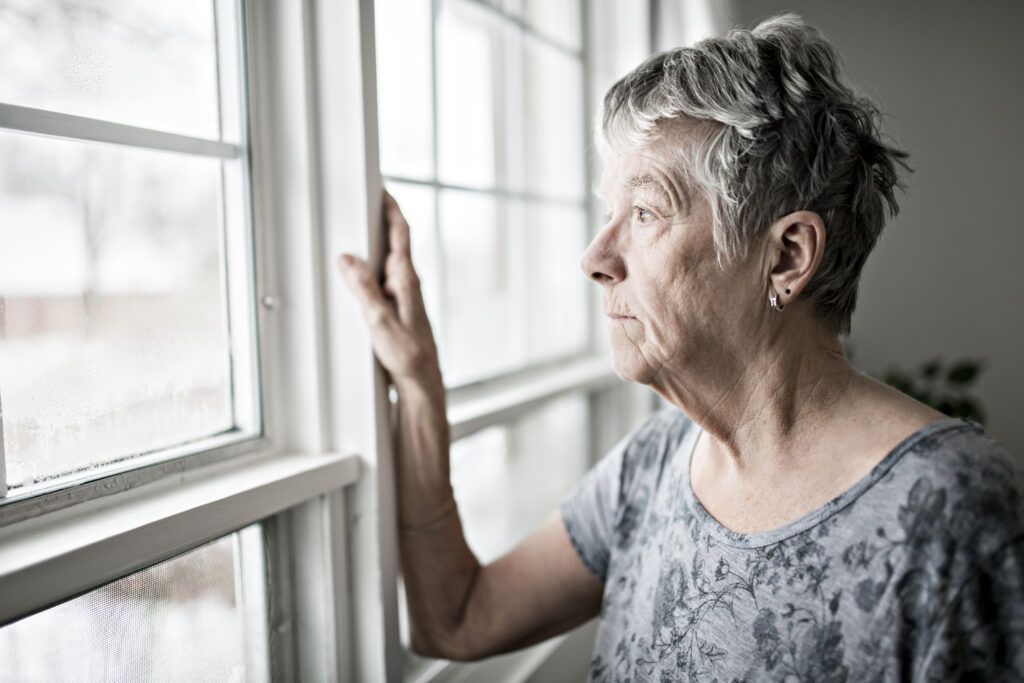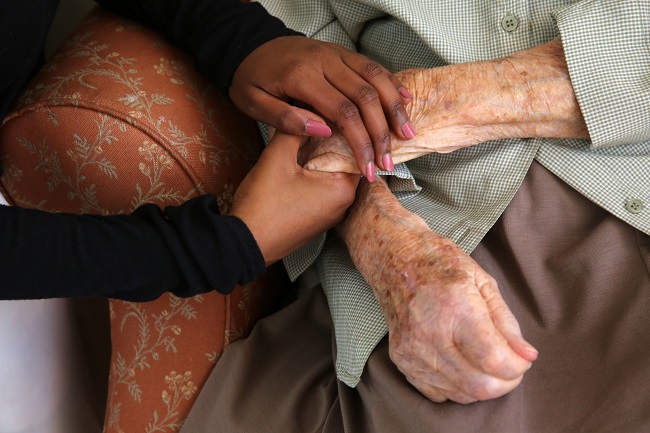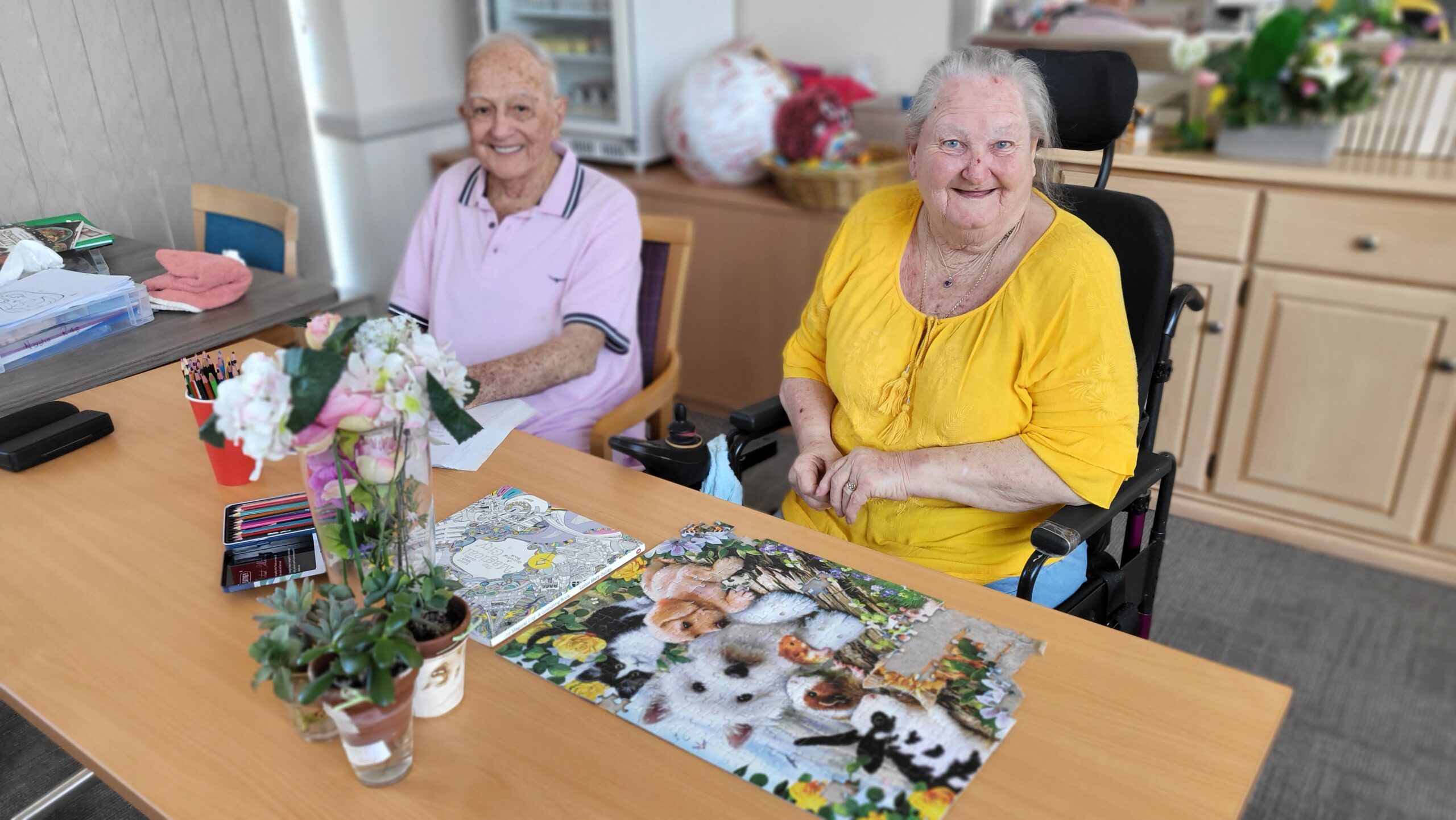Does depression increase risk of dementia?
Here we explore dementia and depression to see if there’s a possible link between the two conditions.

What is dementia?
According to the Australian Government’s Australian Institute of Health and Welfare (AIHW) the term dementia is used to describe a group of conditions characterised by the gradual impairment of brain function. A person may experience mild cognitive impairment and it’s also associated with memory loss but can affect a person’s speech, thoughts, behaviour and mobility. As dementia progresses a person’s personality may change and their health and ability to function can also decline.
There are many different types of dementia including Alzheimer’s disease, vascular dementia, frontotemporal dementia and Lewy body dementia. According to AIHW in 2021 there were more than 386,000 Australians with dementia. Read more about the signs of early onset dementia here.
What causes dementia?
A range of factors are known to contribute to the risk of getting dementia and may affect the progression of its symptoms.
The AIHW website says some risk factors can’t be changed, such as age, genetics and family history. While some activities like smoking, which can be a risk factor for dementia, can be changed.
The risk of developing dementia can be reduced by eating well, being active, managing health conditions and keeping mentally stimulated. You can read more in the AIHW’s Dementia in Australia: 2021 Summary Report.
Learn about the early signs of dementia

What is depression?
The World Health Organisation (WHO) describes depression as a common mental disorder which is characterised by persistent sadness and a lack of interest or pleasure in previously rewarding or enjoyable activities.
Depressive symptoms
Depression can disturb a person’s sleep and appetite. Other depressive symptoms may include tiredness, poor concentration, feelings of hopeless about the future or low self-worth. The effects of depression can be long-lasting or recurrent and can dramatically affect a person’s ability to function and live a rewarding life.
The Australian Bureau of Statistics says that one in seven Australians will experience depression in their lifetime.
What causes depression?
According to WHO, depression results from a complex interaction of social, psychological, and biological factors. People who have gone through adverse life events (unemployment, bereavement, traumatic events) are more likely to develop depression. Patients with depression can, in turn, experience more stress and dysfunction and worsen the affected person’s life situation and the depression itself.
You can read more about depression on WHO's website here.
Is there a possible link between depression and dementia?
Is there a connection between depression and risk for developing dementia or vice versa? IRT Business Manager Illawarra Region Matt Coventry says that while there is a link between depression and dementia, just because a person has dementia doesn’t mean they have depression and if a person has a history of depression doesn’t mean they have dementia.
“They can present very similar,” he explains. “But it’s very hard to say that depression and dementia contribute to each other. Depression may be a symptom of dementia, more often than not, but they don’t necessarily go hand-in-hand. There is currently no definitive answer.”
What’s really important is taking action if symptoms of either dementia or depression arise, whether it's early or late life depression or dementia, and an important first step is speaking to your GP or health professional.
Ways to help prevent dementia
The AIHW says there are a number of lifestyle factors which may increase the risk of developing dementia, such as:
· physical inactivity
· obesity in mid-life
· excessive alcohol consumption
· social isolation
· tobacco smoking
· some health conditions.
As there is currently no known cure for dementia, managing the risk factors is the best way to prevent and manage dementia. For people with Alzheimer’s disease for example, there are medications that may help to manage symptoms and slow dementia progression.
Ways to manage depression
It’s important to find ways of getting help and treating depression, including depressive symptoms, as soon as possible. A GP, nurse or mental health professional can provide advice about the treatment and support available.

Does your loved one need support?
IRT has been supporting older Australians and their families with compassionate care for more than 50 years with aged care centres in NSW, Qld and the ACT. If your loved one needs warm and personalised care you can trust, we'd be more than happy to help.
Find out moreYou may also like
Creating an aged care resume with no experience
In this guide we will explain what an aged care resumé is, share tips on how to write a strong one and provide an aged…
Every day’s a holiday for IRT aged care resident Rhonda
We caught up with IRT aged care centre resident Rhonda to hear about her wonderful experience living at IRT Berala on the Park Aged Care…


